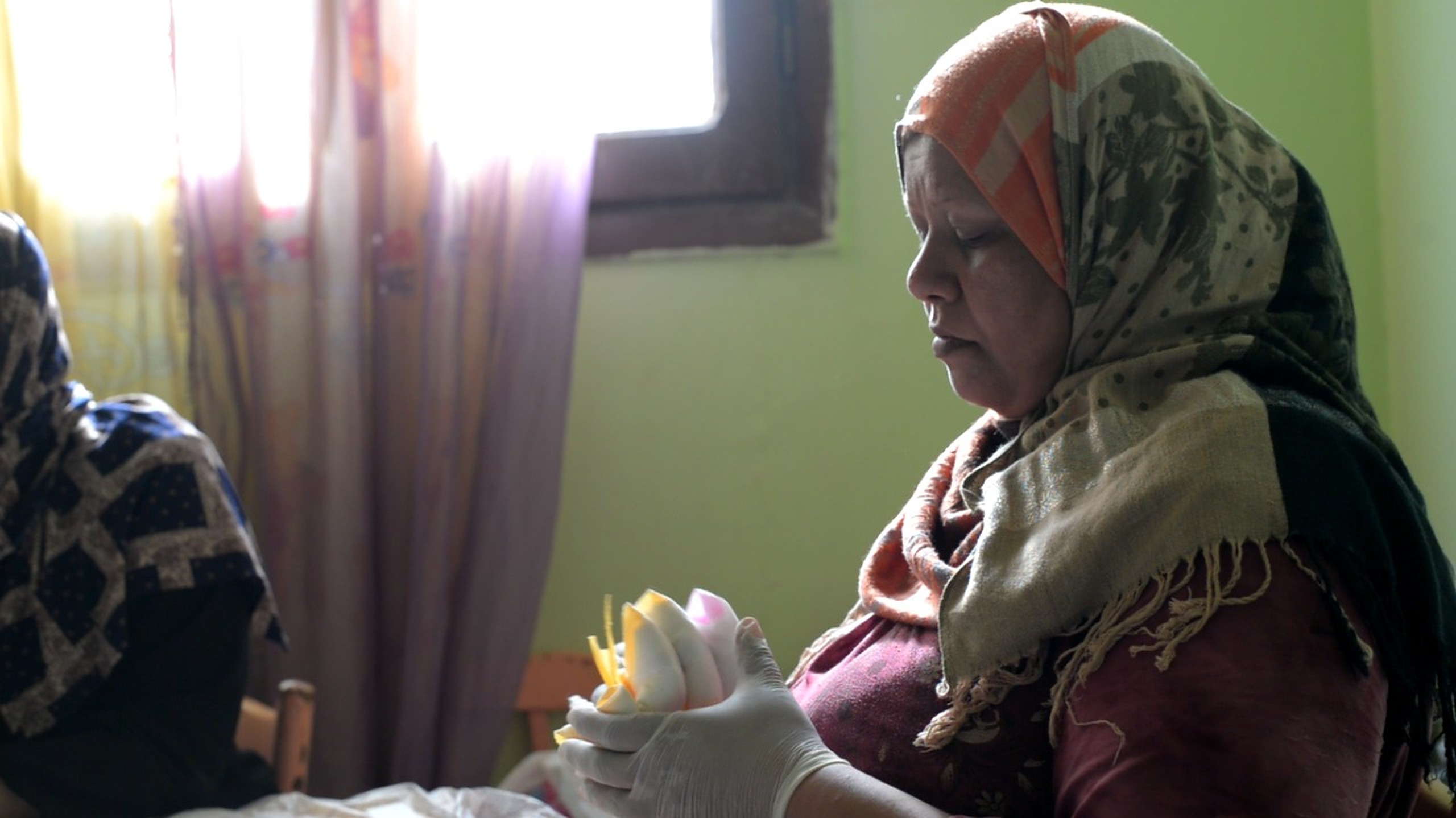Commonly regarded as a social taboo, menstruation is a monthly challenge for billions of girls and women worldwide. In many parts of the world, particularly in rural areas, access to feminine hygiene items such as pads, tampons, or menstrual cups is limited due to product unavailability and the social stigma associated with the subject. Many women and girls experience shame and embarrassment that dissuades them from discussing the issue, often leading them to rely on unsanitary methods, such as using strips of cloth or other unhygienic material to absorb menstrual flow. It is estimated that more than half of women and girls in low and middle-income countries (LMICs) use homemade materials to manage their periods, which can often lead to reproductive health problems, including fatal toxic shock syndrome and infertility. It can also prevent women and girls from going to school or work due to the pain and discomfort they feel. In Egypt, the Enactus team from Cairo University is aiming to change that with their social enterprise ‘Rosie’. Cairo University’s ‘Rosie’ was named 2019’s Enactus World Cup Champion and awarded the Ford Better World Award of $50,000 against runners-up…
‘Rosie’: The Egyptian Students Making Cheap, Eco-Friendly Sanitary Pads for Rural Women
September 24, 2019



